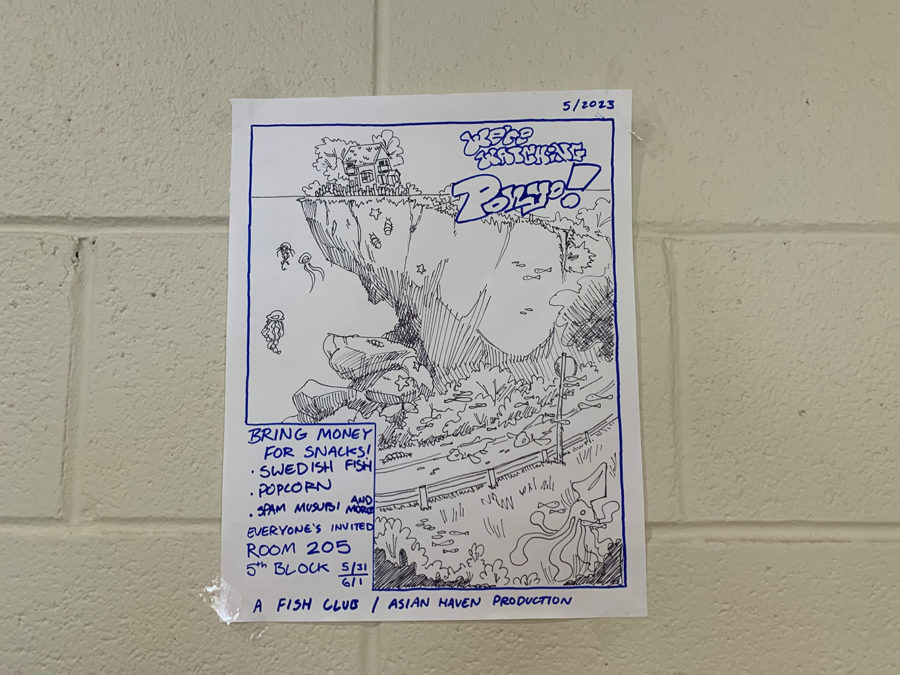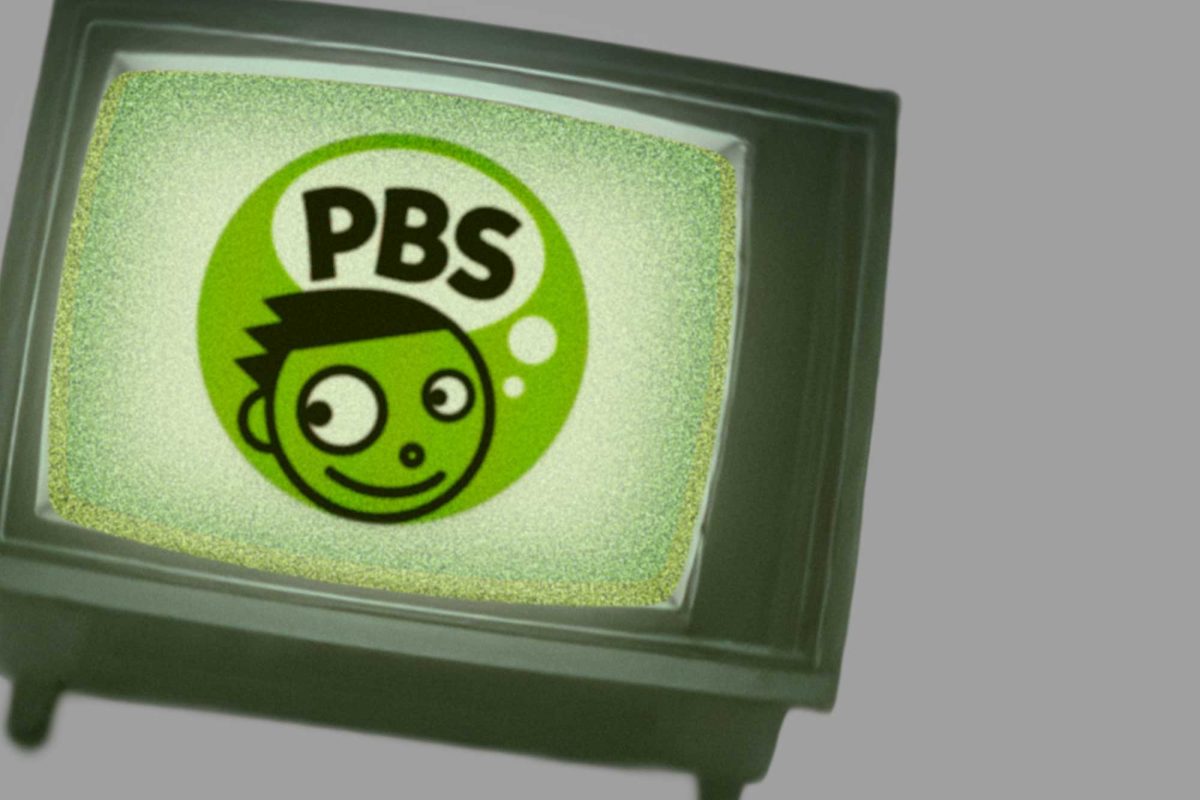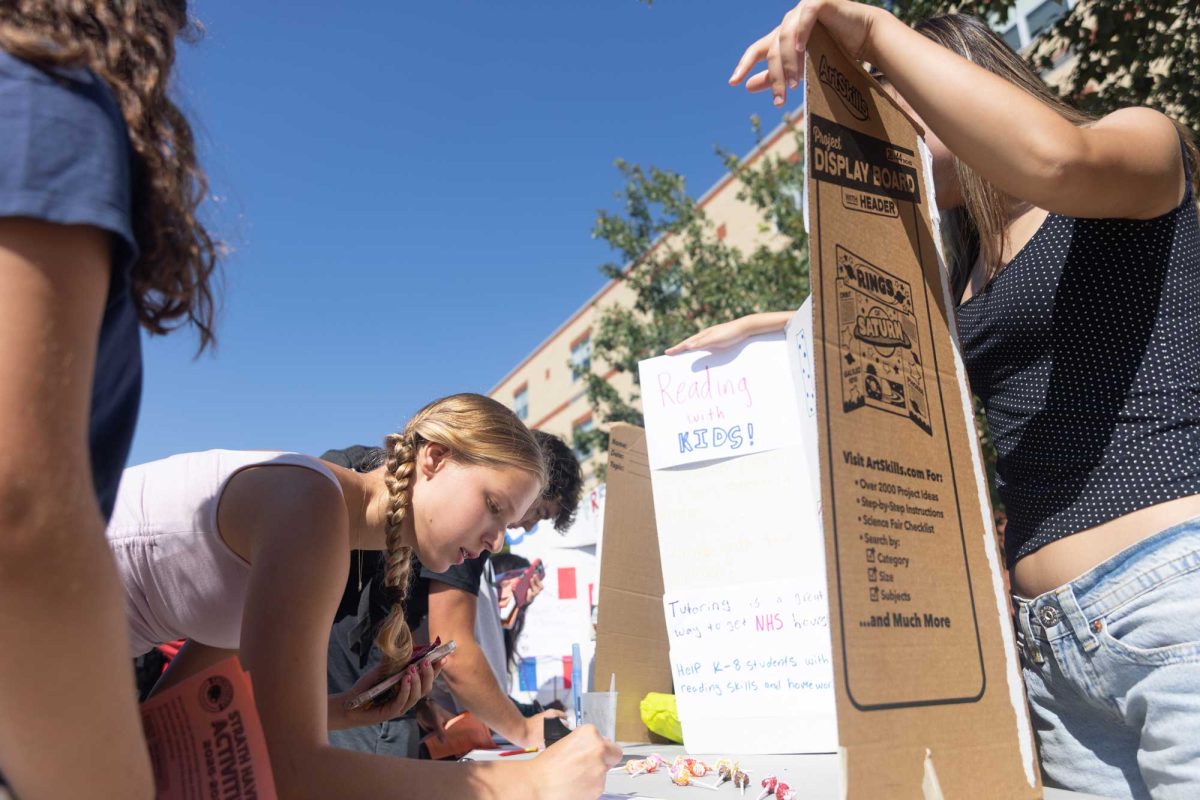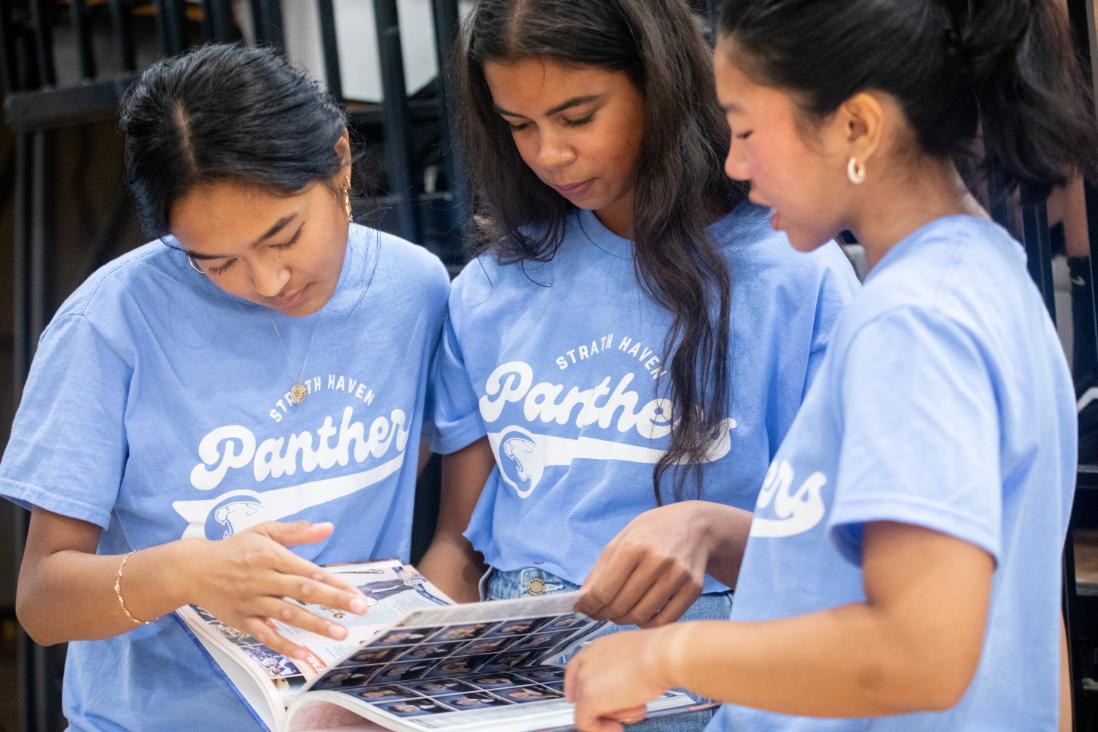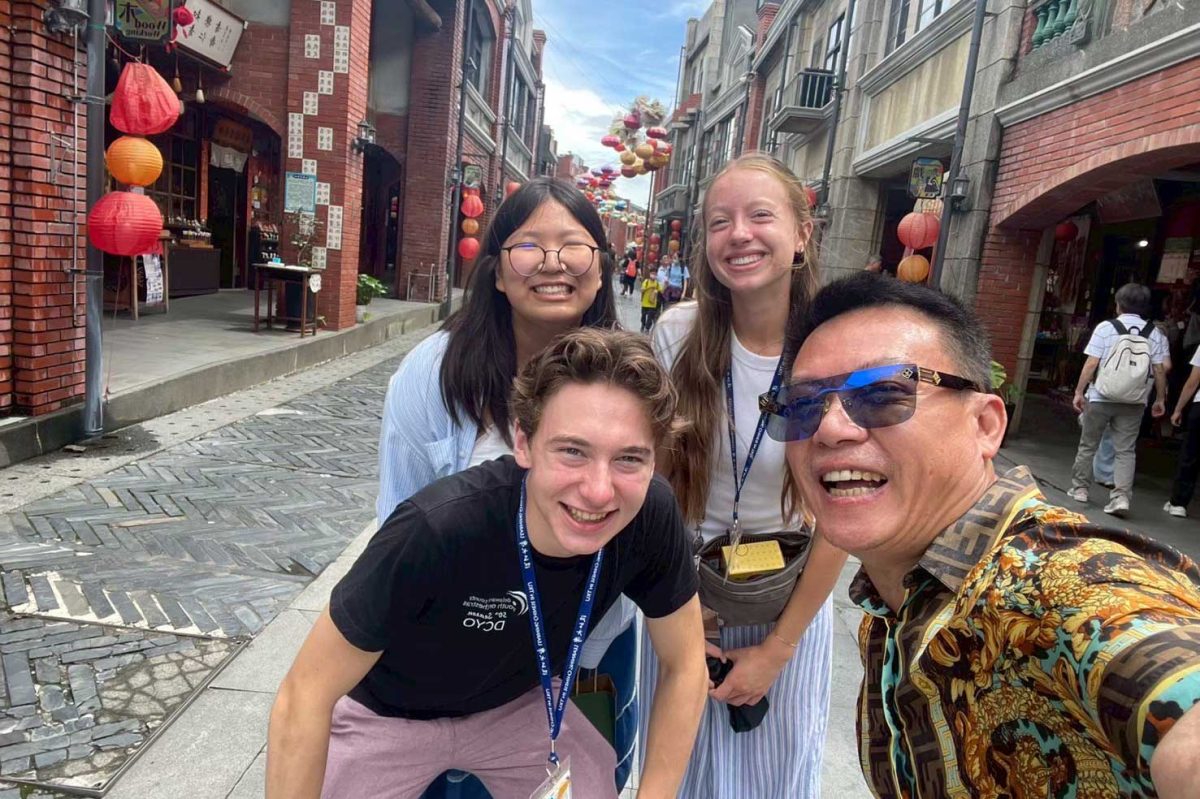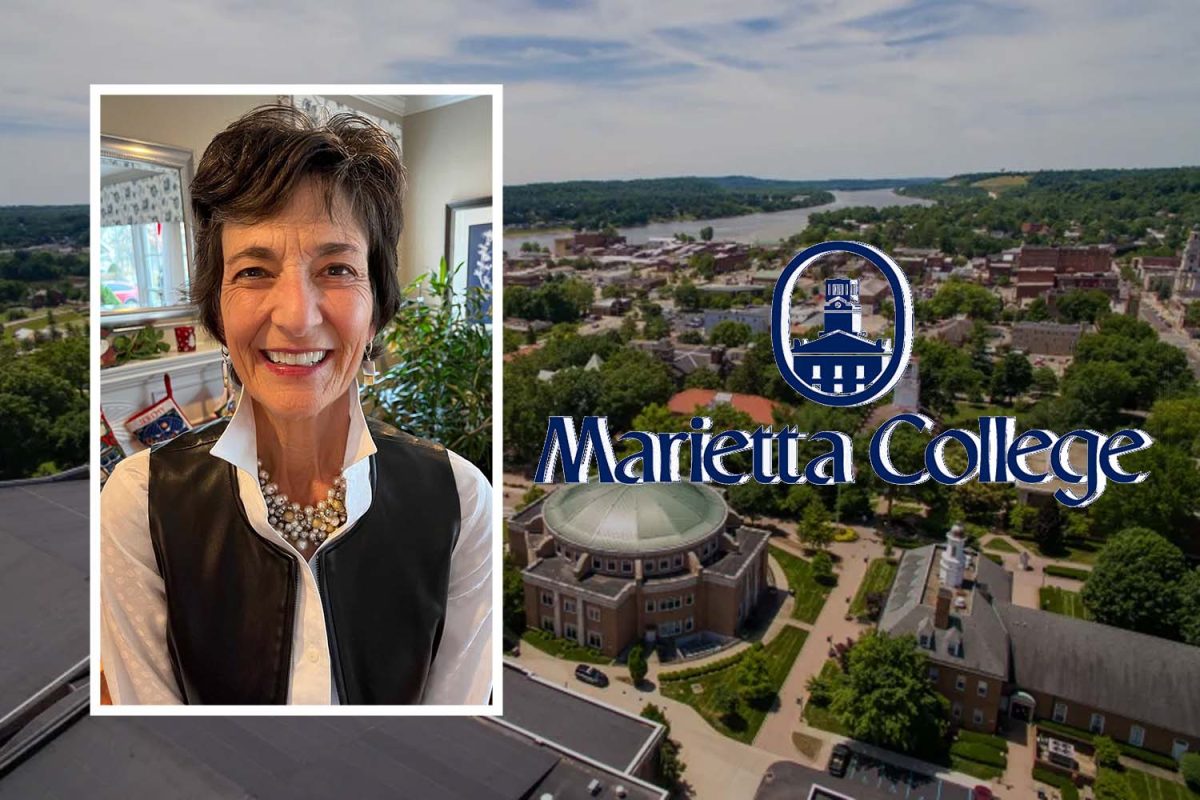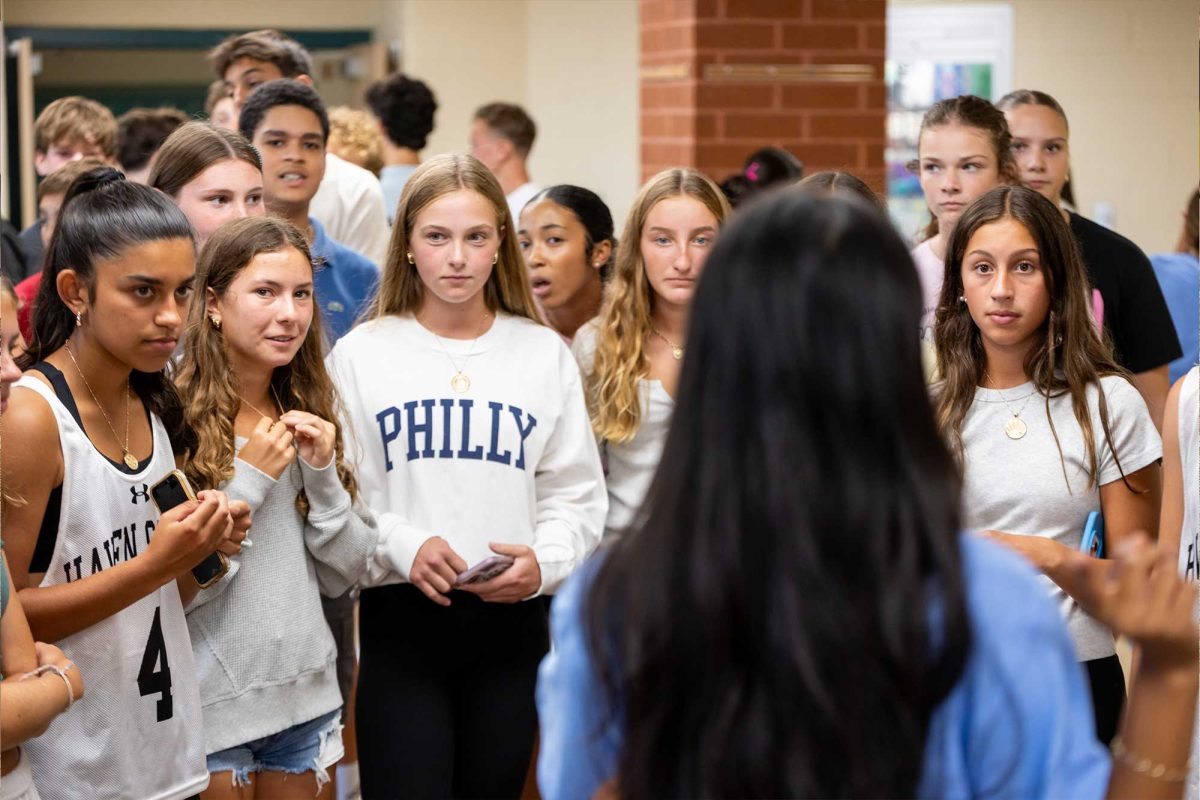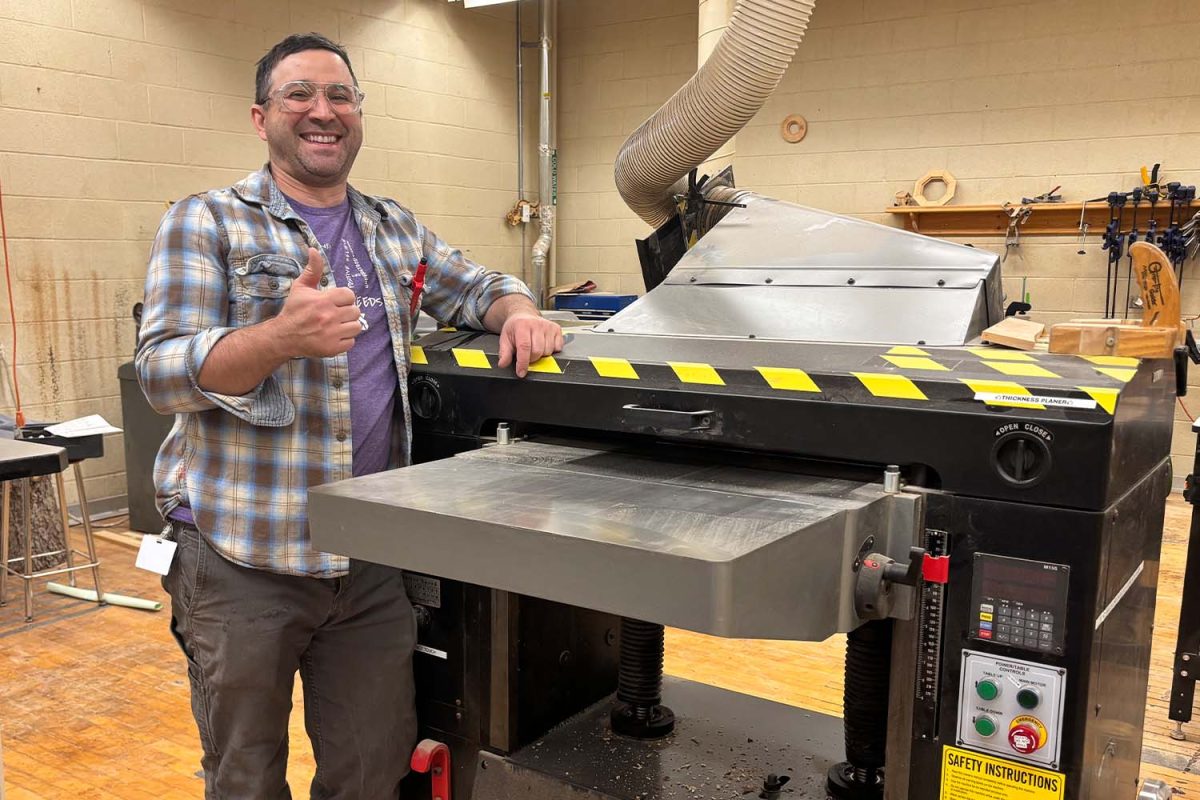May is Asian American and Pacific Islander (AAPI Month), and three Strath Haven clubs have been teaming up to bring awareness to the Asian community.
Together, Asian Haven, Chinese club, and Fish Club will host a charity movie showing event on May 31 and June 1 during 5th block in Room 205 to raise money for the nonprofit Asian Mental Health Collective. Everyone is invited to attend.
The nonprofit’s mission is to destigmatize mental health within the Asian community, according to their website.
The three clubs will be showing the Studio Ghibli film Ponyo, and snacks and drinks will be sold at the event. May is also mental health month, so junior Asian Haven co-leader Karah Kim wanted to find an organization that blends the topics of mental health and the Asian community.
“It’s AAPI month and it’s also Mental [Health] Awareness Month, which I feel like not all time gets recognized, because there’s just so much stuff going on, and so we wanted to tie those two together,” Kim said. “And I found this really cool nonprofit organization [that’s] Asian American-owned.”
Junior and Co-President of the Chinese Club CJ Chen is also involved in planning the movie night.
“For this month, I think we just want to bring more awareness, [and] how we can uplift other people’s voices,” Chen said. “So what Asian Haven and Chinese Club want to do is spread awareness and that’s why we’re having our movie night.”
While AAPI recognition is growing currently, Kim said that it didn’t seem to have the same light shown on it in the past.
“Personally, I feel like it’s definitely been more recognized, especially since last year, since our lovely alumni Joyce [Huang ‘22] really pushed that out and made it known to the school,” Kim said. “And so I think there’s progression. I feel like [AAPI recognition is] definitely not as sought out as it could be, because I haven’t lived in Delco my whole life. So definitely coming from an outsider’s point of view, coming to Haven, it didn’t feel all that big to me.”
Sophomore Ivy Li said that concrete dialogue about AAPI topics is important.
“I do wish it was more talked about in the actual school, like an in-person discussion, instead of a stupid little Instagram post online, because that doesn’t really do anything,” Li said. “It doesn’t really educate people on Asian stuff nearly as much as actual people talking about it.”




